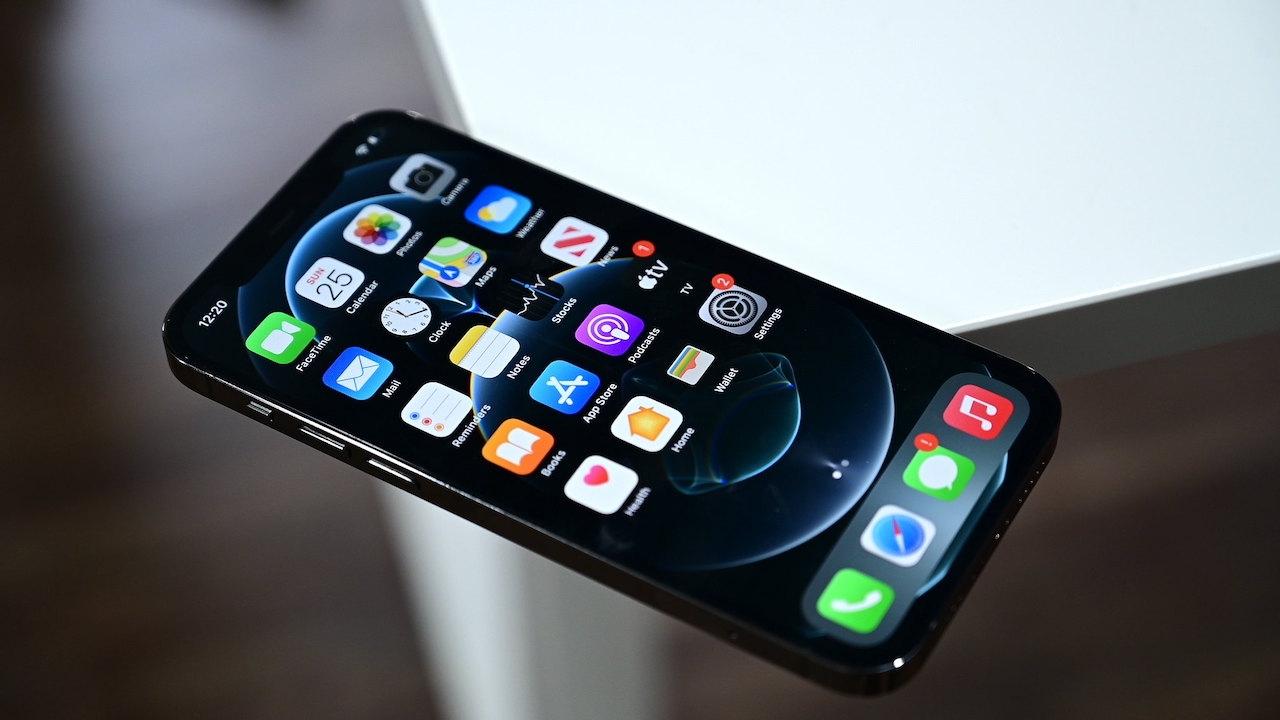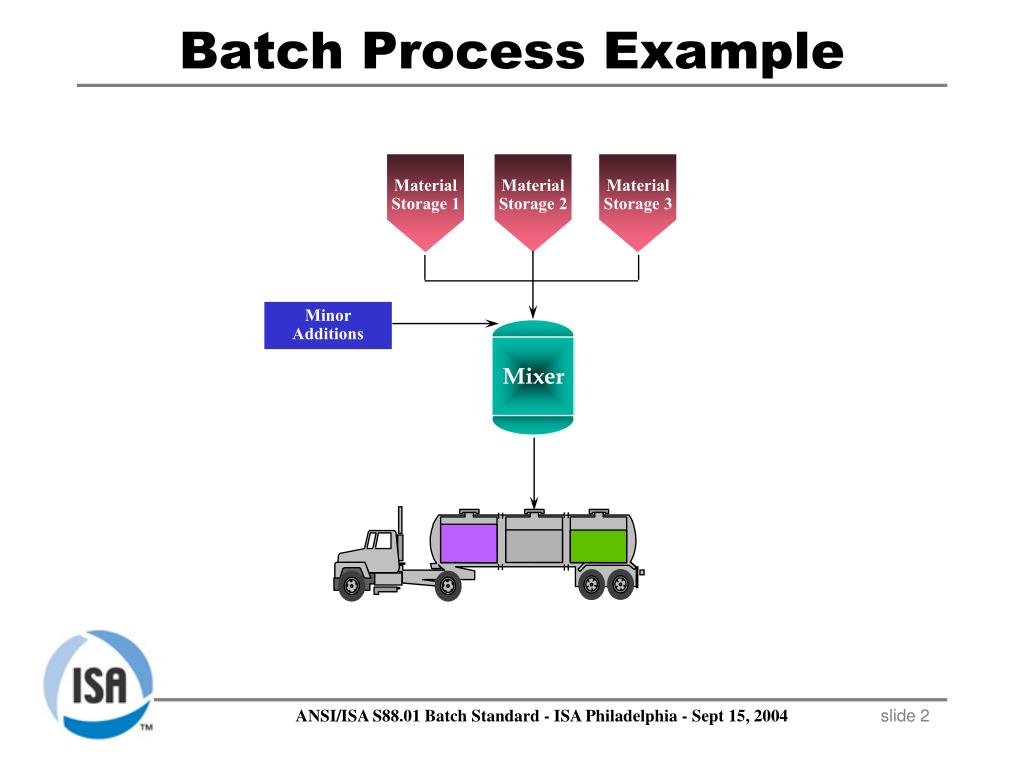


Under rule 7, a body corporate is permitted to transfer SPDI to other body corporates outside India, provided that the transferee ensures the same or equal level of data protection that is adhered to by the body corporate as per the Rules.

In case of withdrawal of consent, the body corporate has the option to not provide the goods or services for which the concerned information was sought. The body corporate has to allow the information provider the right to review or amend the SPDI and give the information provider an option to retract consent at any point of time, in relation to the information that has been so provided.
#APPLE PHOTO BATCH PROCESS TITLE PROFESSIONAL#
The information should be used only for the purpose for which it is collected and should not be retained for a period longer than what is required.Ī “body corporate” is defined under Section 43A of IT Act as a company or a partnership firm, sole proprietorship or other association of individuals engaged in commercial or professional activities The body corporate is also required to take reasonable steps to ensure that the information provider has knowledge about the collection of information, the purpose of collection of such information, the intended recipients and the name and address of the agency collecting and retaining the information. Such information should be collected only if it is essential and required for a lawful purpose connected with the functioning of the body corporate. Under rule 5, a body corporate is required to obtain prior consent from the information provider regarding the purpose of usage of the SPDI. Data Privacy: Key Features of the SPDI Rules: SPDI Rules only apply to bodies corporate and persons located in India and in few cases the rules only apply to relations between an individual and a body corporate, and not between two body corporates.

On 13 April 2011, the Information Technology (Reasonable Security Practices and Procedures and Sensitive Personal Data or Information) Rules, 2011 (“ SPDI Rules”) were issued under section (2) of section 87 read with section 43-A of the IT Act. Section 43-A of the IT Act primarily deals with the compensation for negligence in implementing and maintaining ‘reasonable security practices and procedures’ in relation to ‘sensitive personal data or information’ (“ SPDI”) while Section 72-A of the IT Act mandates punishment for disclosure of ‘personal information’ in breach of lawful contract or without the information provider’s consent. To address the issue, Information Technology Act, 2000 (“ IT Act”) was amended in the year 2008 to bring in new provisions such as Section 43-A and Section 72-A. This poses a question as to which legislation governs privacy breaches where non-state actors are involved. It is imperative to note that fundamental rights are enforceable against the State alone and privacy as a fundamental right is not enforceable against non-state actors (apart from few exceptions). State of U.P to the extent that it held that right to privacy is not protected by the Constitution, stand over-ruled by the judgement in Justice K.S. Satish Chandra, District Magistrate, Delhi which held that right to privacy is not protected by the Constitution and (ii) in Kharak Singh Vs. It is important to note that past decisions of the Supreme Court in (i) M.P. there must be a law in existence (b) legitimate aim, which he illustrates as including goals like national security, proper deployment of national resources, and protection of revenue and (c) proportionality of the legitimate aims with the object sought to be achieved. In the this case, Chandrachud J., notes that any invasion of life or personal liberty must meet the three requirements of (a) legality, i.e. Union of India & Ors., unanimously declared the right to privacy as an intrinsic part of the right to life and personal liberty under Article 21 of the Constitution. On August 24, 2017, in a landmark nine-judge bench ruling, the Apex Court in Justice K.S. SPDI & Data Privacy before the Supreme Court: The concept of ‘ data privacy’ is not specifically stated under existing Indian laws, the Indian courts have, from time to time, interlaced the concept of privacy with the interpretation of the right to life and personal liberty under Article 21 of the Constitution.


 0 kommentar(er)
0 kommentar(er)
